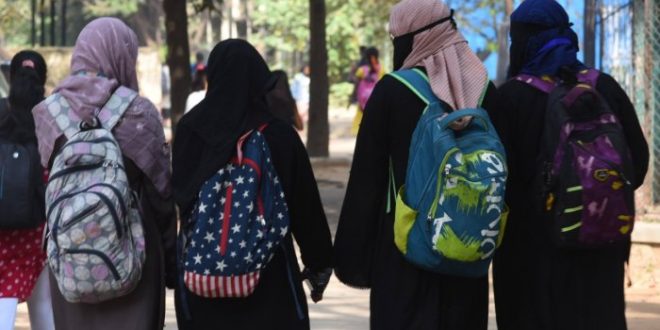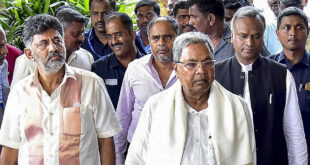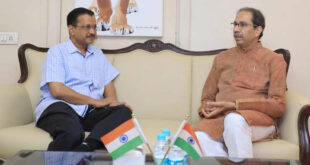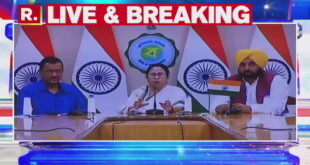The state government order of February 5, 2022, was questioned by Muslim appellants challenging the Karnataka High Court decision in the hijab ban case on Wednesday. They claimed it was “not harmless” as the state had suggested and “targeted only one community.”
They said that College Development Councils had no choice but to forbid the hijab due to the government order (GO).
While the right to dress is inherent in an individual’s status, the argument that it is a component of fundamental rights cannot be stretched to “illogical lengths,” as that would imply the right to undress is also a component of fundamental rights, a bench of Justices Hemant Gupta and Sudhanshu Dhulia, who are hearing the case for the second day, told senior attorney Devadatt Kamat, who was representing one of the appellant students.
You can’t take it too far, Justice Gupta retorted. Does the freedom to dress also include the right to undress?
Nobody is changing in class, according to Kamat. “I’m not using tired justifications. I am merely debating the specific point in my argument.
“Theoretically,” Justice Gupta added, “if you claim that the right to dress however you choose is a fundamental right, then you might say that I don’t want to dress. That is general. It comes naturally with being a citizen. I’m done now.
The argument Kamat was attempting to make is that “if it is an intrinsic component of my basic right, I am wearing a uniform on top of it,” he stated.
In response to Kamat’s query regarding the GO, he stated, “my (state’s) interpretation is that the headscarf is not an essential component of religion. According to the Almighty State, headscarves are not covered by Article 25, which is speaking to a school development committee. Hence, it is up to you.
Justice Dhulia questioned whether he was attempting to imply that this was somewhat of a leading question. “You claim that the school committees had no other choice now?”
“Yes…there is nothing left. Let’s not worry about this,” Kamat replied.
 India One News
India One News





